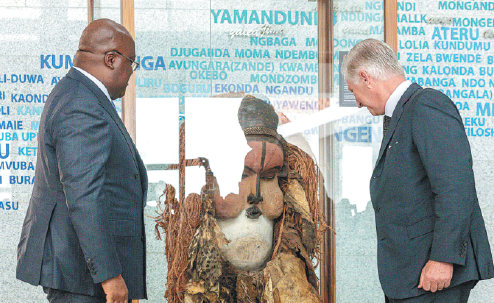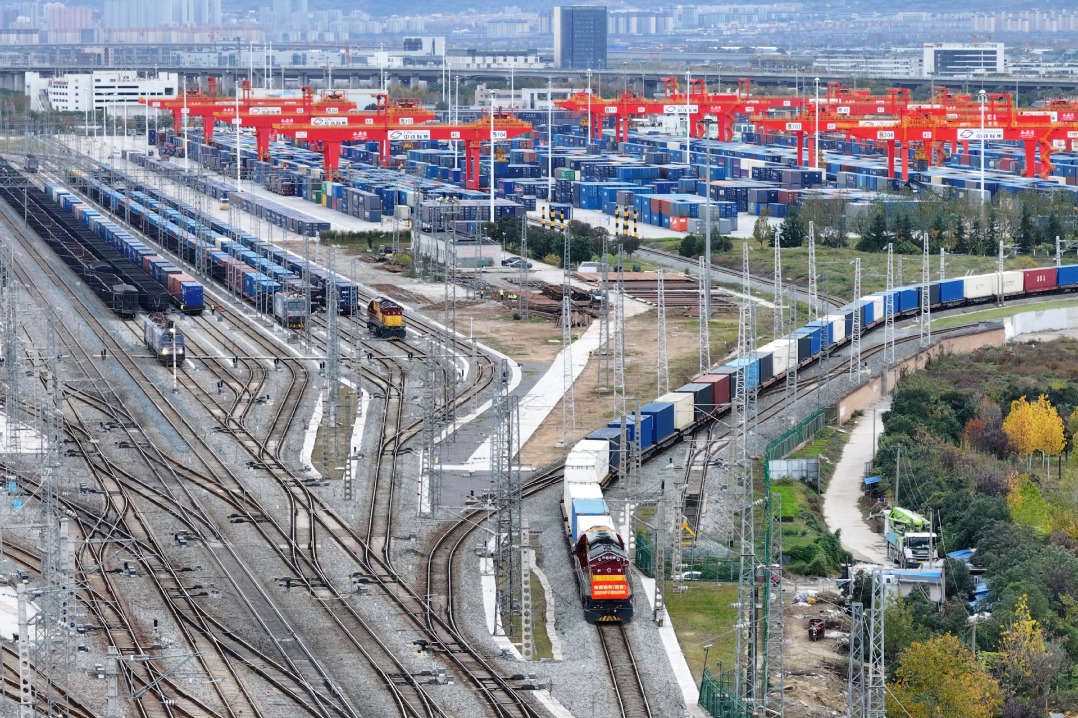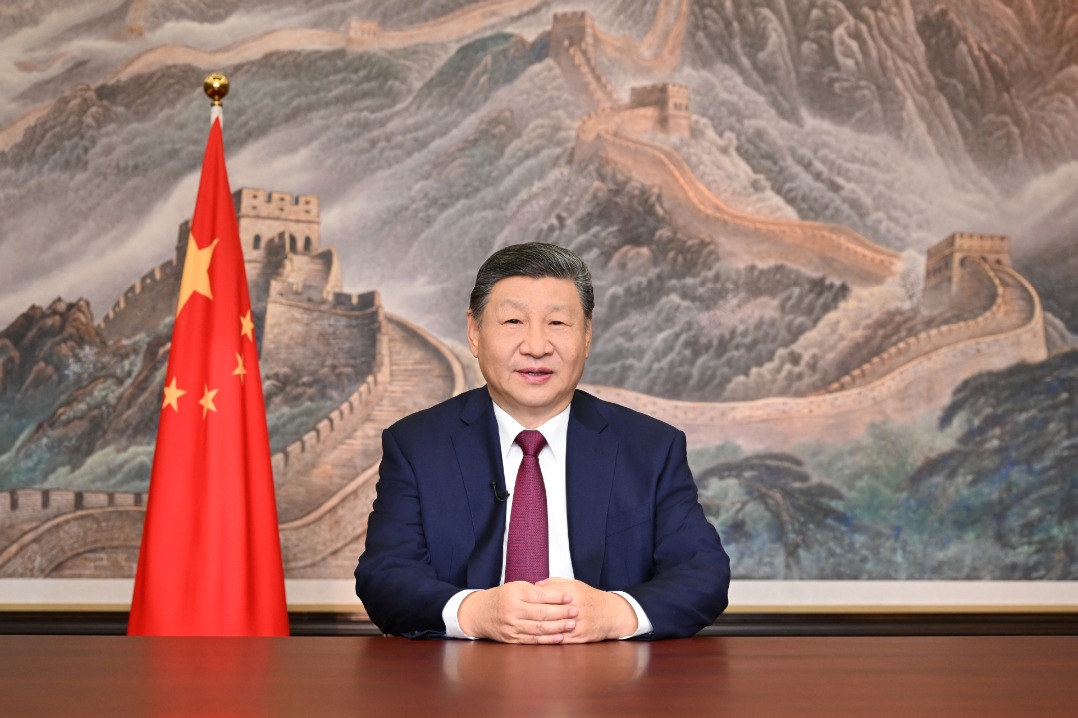Belgian king expresses 'regrets' but no apology to former colony

KINSHASA-Belgium's King Philippe expressed his "deepest regrets" for his nation's abuses in its former colony Congo, telling lawmakers on Wednesday on his first official trip to the country where Belgian colonial rule was unjustifiable. But, as in the past, he stopped short of formally apologizing.
"Although many Belgians were sincerely committed to loving the Congo and its people deeply, the colonial regime, as such, was based on exploitation and domination," the king told the national legislature in the Democratic Republic of the Congo's capital Kinshasa.
"This regime was that of an unequal relationship, in itself unjustifiable, marked by paternalism, discrimination and racism.
"On the occasion of my first trip to the Congo, right here in front of the Congolese people … I wish to reaffirm my deepest regrets for these past wounds," said Philippe, emphasizing the theme of his six-day visit to the country.
His speech comes two years after he made similar comments on the 60th anniversary of DR Congo's independence when he went further than any of his predecessors in condemning "acts of violence and cruelty" during the Belgian colonial rule.
Felix Tshisekedi, president of the Democratic Republic of the Congo, and many politicians have enthusiastically welcomed Philippe's visit. Large numbers of ruling party supporters waved Belgian flags, and a banner hanging from parliament read: "A common history".
But others were disappointed by the absence of an apology. Villages that missed rubber collection quotas were notoriously made to provide severed hands instead.
"I salute the speech by the Belgian king. However, in the face of the crimes committed by Belgium, regrets are not enough," wrote opposition senator Francine Muyumba Nkanga on Twitter.
Others said the apology must come with financial reparations.
"Belgium must ask for forgiveness from the Congolese people, but also compensate them," said Francis Kambale, a 26-year-old student living in Goma in the country's east.
Belgium has faced a reckoning over its colonial past in recent years, particularly around the commemoration of DR Congo's 60th anniversary of independence in 2020. That year, Belgium took down a statue of King Leopold II, who had plundered Congo during his 1865-1909 reign and forced many of its people into slavery to extract resources for his own profit.
The early years after Leopold laid claim to the African country are especially infamous for killings, forced labor and other forms of brutality that some experts estimate left as many as 10 million Congolese dead, according to historians.
After Leopold's claimed ownership of Congo ended in 1908, he handed it over to the Belgian state, which continued to rule the colony until the African nation became independent in 1960.
Agencies Via Xinhua

Today's Top News
- New Year's address inspiring for all
- Xi congratulates Science and Technology Daily on its 40th anniversary
- Xi congratulates Guy Parmelin on assuming Swiss presidency
- China Daily launches 'China Bound'
- Manufacturing rebounds in December
- PLA wraps up military drills around Taiwan






























